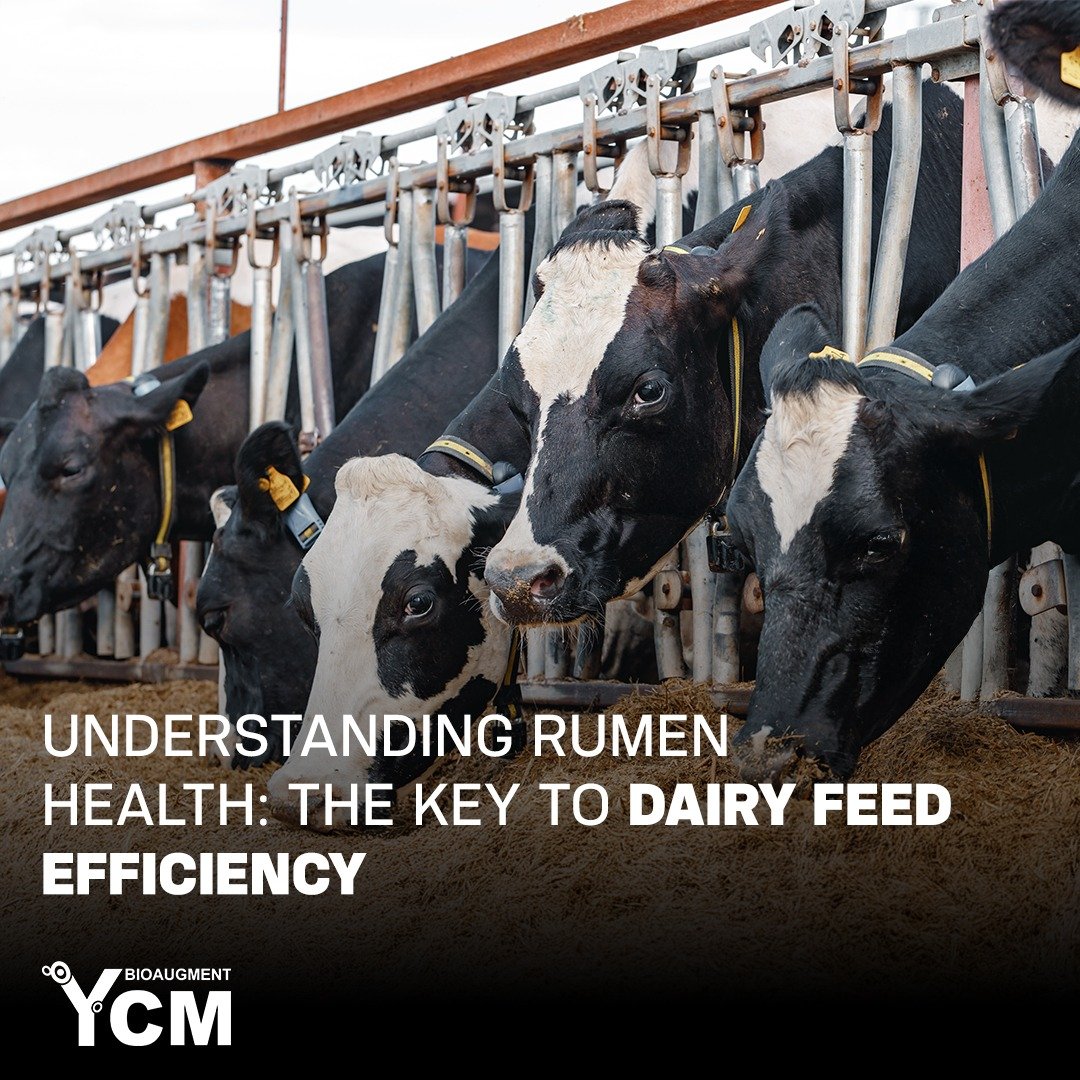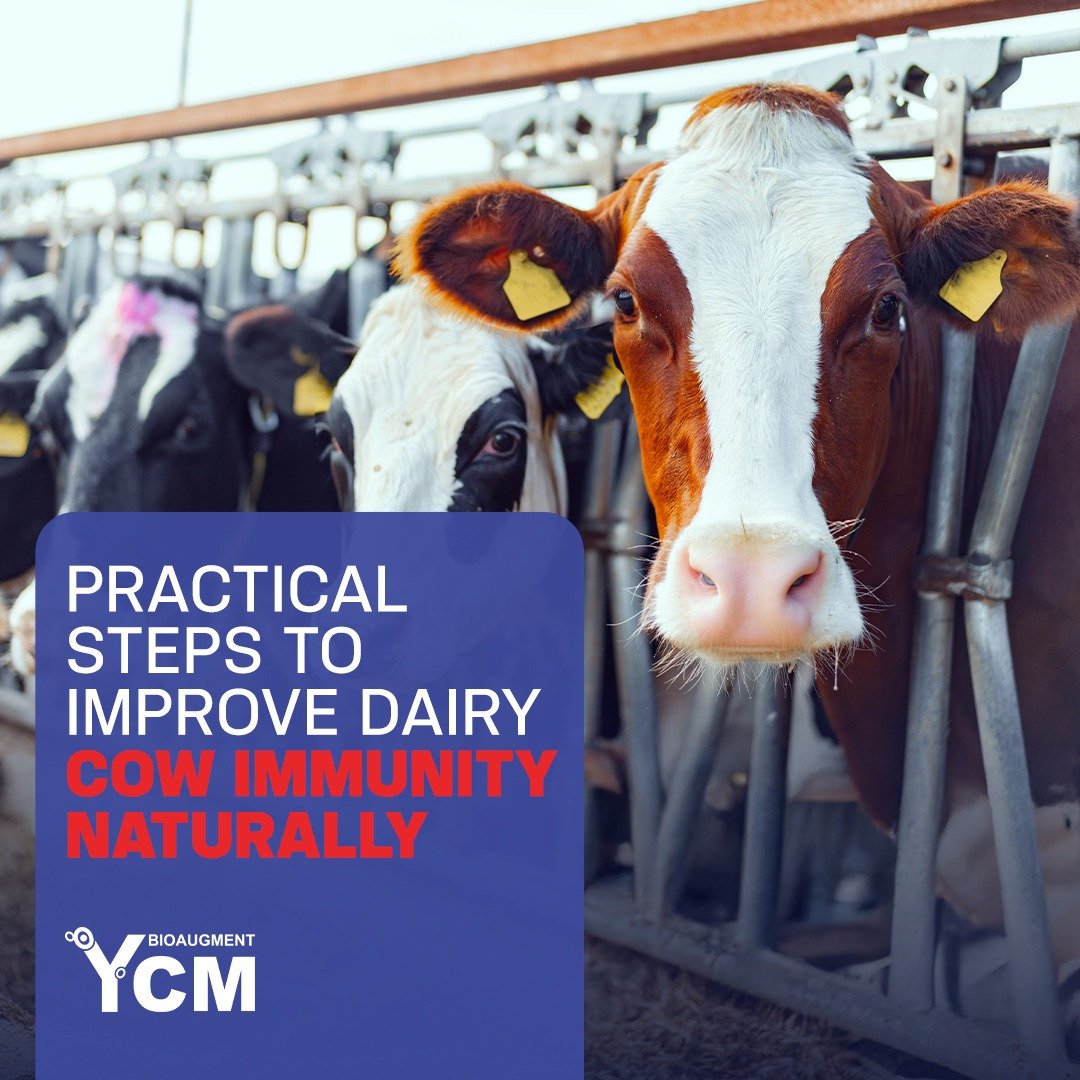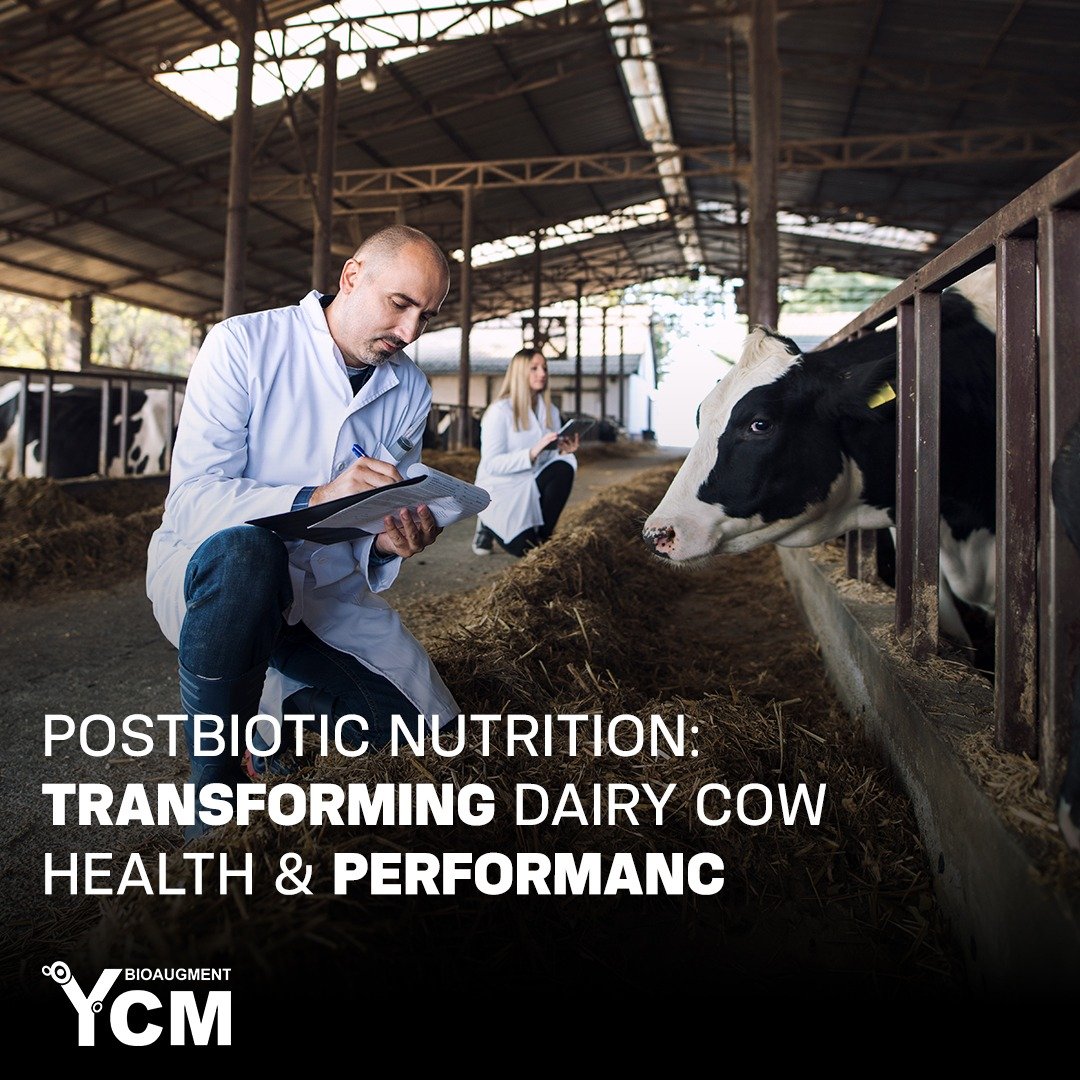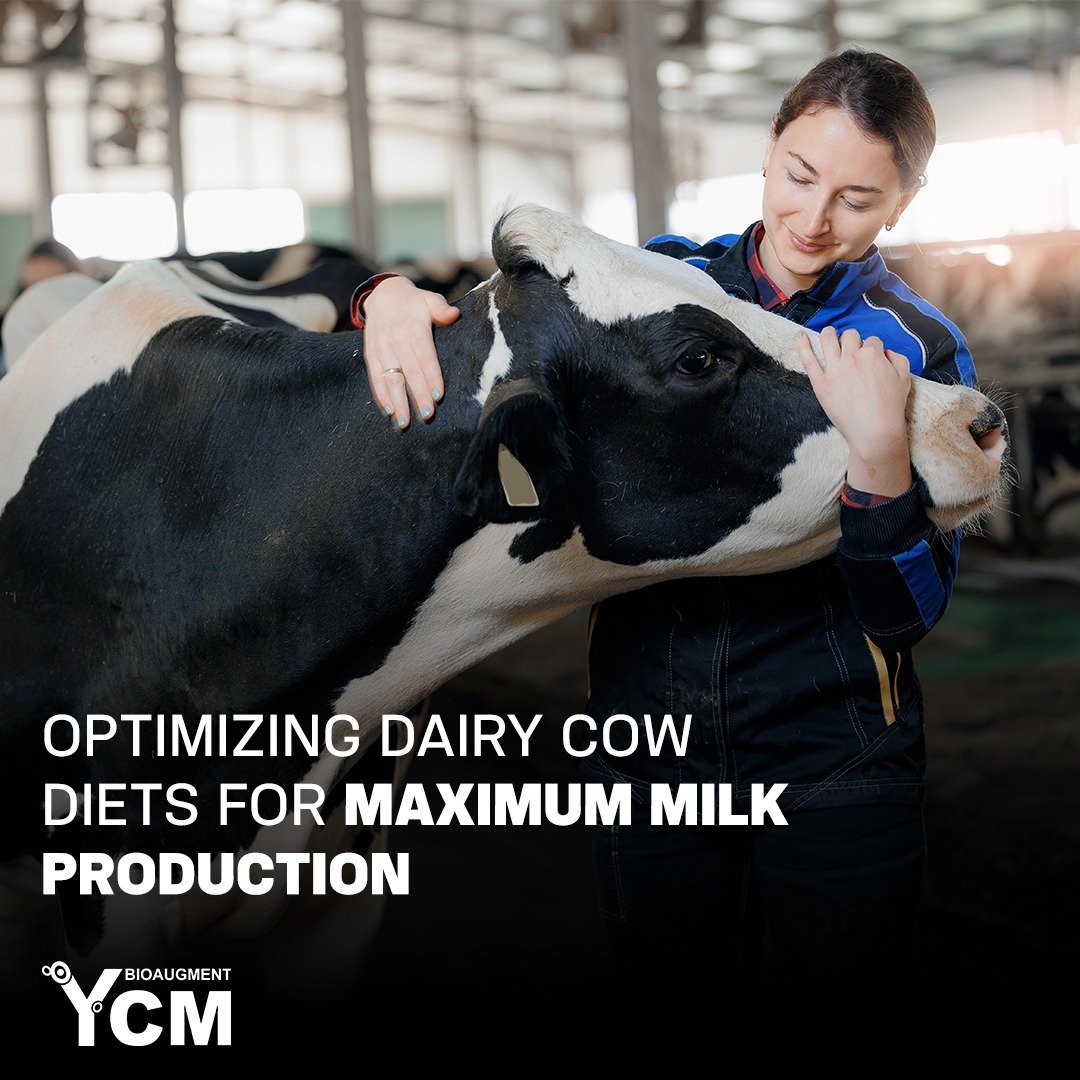In U.S. dairy farming, rumen health is the foundation of milk production, feed efficiency, and overall cow performance. The rumen acts as a fermentation powerhouse — breaking down fibrous feed, generating volatile fatty acids (VFAs), and fueling high milk output. When rumen balance is disturbed, the entire production chain suffers.
Let’s explore why maintaining optimal rumen function is essential and how innovations like YCM (Yeast Culture Metabolites) are helping farmers achieve greater efficiency and sustainability.
Why Rumen Health Matters in Dairy Nutrition
The rumen hosts billions of microorganisms that digest fiber and convert it into usable energy. A stable microbial population ensures consistent feed utilization and prevents disorders such as acidosis and bloat.
When Rumen Health Declines
-
Reduced feed intake and milk yield
-
Lower butterfat content
-
Increased risk of laminitis or displaced abomasum
-
Compromised immune function
Healthy rumen fermentation is not just about digestion — it directly influences milk composition, reproduction, and longevity in dairy cows.
Factors Affecting Rumen Health
Several management and nutritional practices influence microbial stability inside the rumen:
-
Feed consistency: Sudden ration changes cause microbial shock.
-
Forage quality: Low-fiber or moldy forage can trigger acidosis.
-
Feeding frequency: Irregular feeding patterns lead to pH fluctuations.
-
Environmental stress: Heat or overcrowding affects rumen motility and enzyme activity.
The Role of YCM in Rumen Optimization
YCM (Yeast Culture Metabolites) offers a science-backed solution for stabilizing rumen fermentation and improving feed efficiency. As a postbiotic feed additive, YCM provides a concentrated source of over 600 bioactive compounds that enhance microbial growth and nutrient utilization.
How YCM Improves Rumen Function
-
Boosts beneficial bacteria: Encourages lactate-utilizing microbes to prevent acid buildup.
-
Enhances fiber digestion: Increases the breakdown of cellulose and hemicellulose.
-
Optimizes pH balance: Reduces rumen acidity, promoting a stable fermentation environment.
-
Improves energy yield: Increases production of propionate and butyrate — key VFAs for milk synthesis.
These effects translate into better feed conversion ratios (FCR), higher milk solids, and improved cow health without relying on antibiotics.
Feed Strategies for Rumen Health
U.S. dairy nutritionists recommend an integrated approach combining management and nutrition:
-
Maintain at least 18% fiber (NDF) in total ration.
-
Avoid sudden shifts from forage to grain-based diets.
-
Supply buffers such as sodium bicarbonate when feeding high-energy rations.
-
Incorporate postbiotics like YCM to sustain microbial diversity and fermentation efficiency.
Economic and Sustainability Impact
Healthier rumen function reduces methane emissions and nutrient waste — both critical for environmentally conscious U.S. dairy operations.
With improved digestion and milk output, farmers see lower feed costs per unit of milk and better herd performance.
Key Takeaways
-
Rumen health determines feed efficiency, milk yield, and animal resilience.
-
Balanced feeding and microbial management are essential.
-
YCM postbiotics help optimize fermentation and rumen stability for consistent dairy profitability.
Strong rumen health is the key to unlocking maximum performance from your herd.
By pairing sound nutritional management with Bioaugment YCM, U.S. dairy farmers can build more efficient, resilient, and sustainable herds — one rumen at a time.






